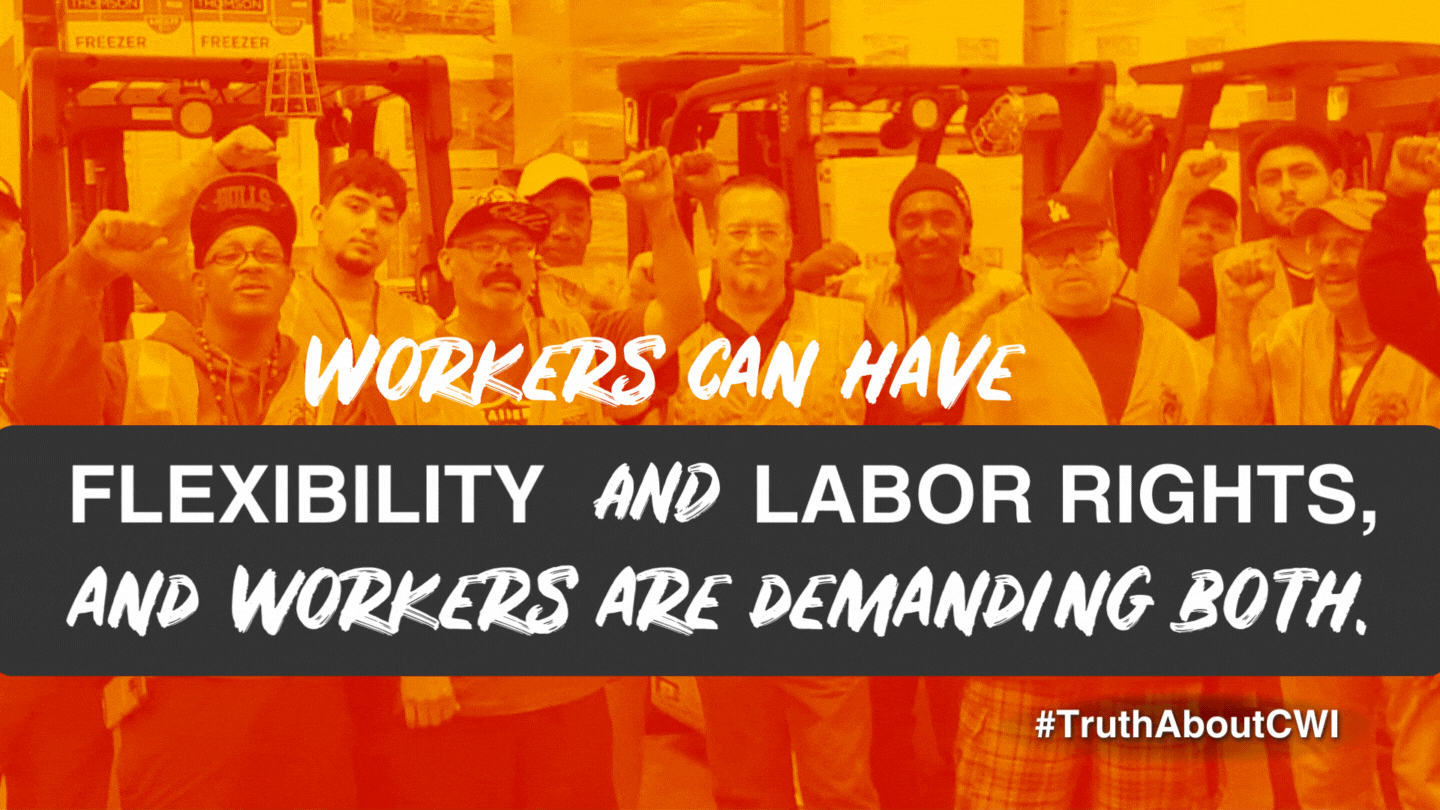On the (Anti)-Worker Flexibility and Choice Act
Following is a statement from Rebecca Dixon, executive director of the National Employment Law Project, on the introduction of the Worker Flexibility and Choice Act (H.R. 8442):
Earlier this week, backed by the corporate lobby group the Coalition for Workforce Innovation (CWI), which was established to fight against growing workers’ movements, Congresswoman Elise Stefanik (R-NY), Congresswoman Michelle Steel (R-CA), and Congressman Henry Cuellar (D-TX) introduced the deceptively named Worker Flexibility and Choice Act (WFCA).
This bill would radically erode fundamental worker protections in the United States to the benefit of big corporations, allowing them to require workers to sign away basic rights as a condition of work. The bill would also establish a second-tier employment class of disproportionately Black and immigrant workers working in arduous and underpaid jobs without minimum labor protections — growing poverty and racialized economic inequality.
The bill seeks to codify the false choice between scheduling flexibility and foundational rights. Because the Fair Labor Standards Act (FLSA) is already compatible with worker flexibility, it would be a fatal mistake for Congress to create a carveout for companies that demand “worker flexibility agreements” of their workforce. Corporations already have the ability to deliver flexibility to workers. Instead, they are using this bill to dramatically degrade the quality of work – including the basic requirement that they pay minimum wage and overtime for countless workers across the country.
The National Employment Law Project (NELP) believes that the movement for workers’ rights can defeat the Coalition for Workforce Innovation with worker organizing and policy innovation that expands labor protections and fixes the flaws in the New Deal and FLSA which left Black and immigrant workers segregated and unprotected.
Congress must ensure that all working people have basic rights and protections at work. Workers need federal laws and regulations that establish clear joint employer liability, strengthen federal organizing and collective bargaining rights, raise the federal minimum wage and eliminate subminimum wages, and deliver workers the true flexibility that comes with financial security, a say over scheduling, and paid time off. Working people need strong enforcement of existing laws that will hold employers accountable for compliance as wells as real mechanisms for workers to seek recourse for violations of the law.
NELP calls on members of Congress to stand up to these corporate interests, shut down this attempt to undermine workers’ rights, and focus on reforms that increase corporate accountability and raise labor standards.
